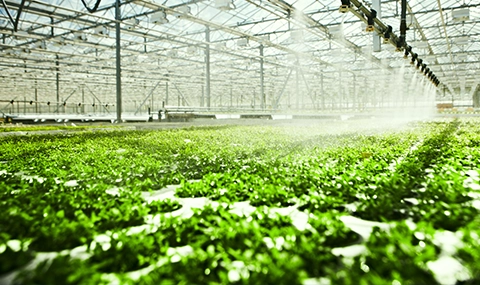Key Contacts

David A. Crass
Managing Partner, D.C. Office
Industry Group Co-Chair, Agribusiness, Food & Beverage
dacrass@michaelbest.com
T 202.595.7921

Leah Hurtgen Ziemba
Partner
Practice Group Chair, Regulatory
Industry Group Co-Chair, Agribusiness, Food & Beverage
lhziemba@michaelbest.com
T 608.283.4420
- Meet the Full Team

